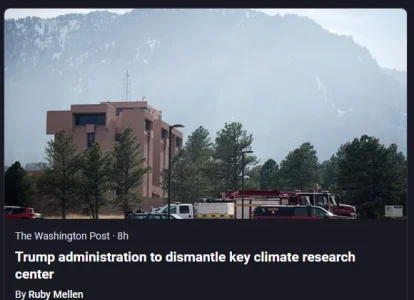One of the Strongest Hurricanes Ever Recorded Just Tore Through Jamaica. It Was Worse Because of Climate Change
The strongest hurricane in nearly 200 years hit Jamaica this week. Moving slowly and lingering on the island, the powerful Category 5 storm flooded communities, hauled trees out of the ground, destroyed power lines, shattered windows, and tore roofs off of homes, and even caused buildings to collapse.
Upwards of 530,000 people are without electricity, and nearly 15,000 people have been displaced and are now living in shelters. Four people have died. The World Meteorological Organization has called Hurricane Melissa the "Storm of the Century."
Extreme winds and rainfall pummeled the whole region, leaving neighboring Caribbean countries like Cuba, Haiti, and the Dominican Republic also reeling from destruction. Floods in Haiti dragged away 25 people, who died. In Cuba, around 735,000 people have been evacuated and displaced from their homes.
There's a reason Hurricane Melissa became a mega-storm, and that reason is climate change. Experts around the world are in agreement that this hurricane's brutality is almost certainly directly related to how climate change is causing ocean water to heat up dramatically. This hurricane wasn't only intense — it also strengthened quickly. In only around 24 hours, its punishing wind speeds grew from 70mph to 140mph, doubling in speed.
That's why leaders of Caribbean countries are banding together to demand proper accountability for this destruction. Since global warming made this storm so potent, these leaders are asking high-polluting, wealthy nations to help with their countries' recovery processes through debt relief and aid


